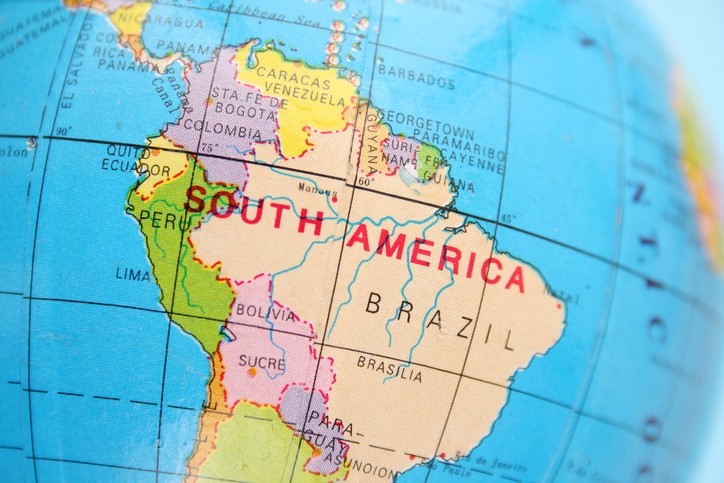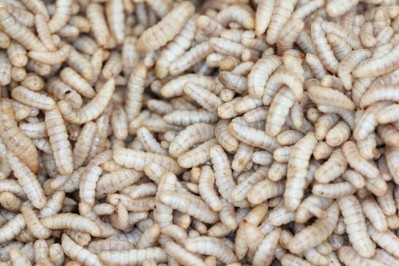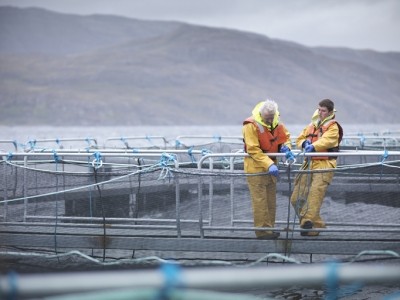Bioconversión opens insect meal production facility in Ecuador

The plant is located in the ZEDE del Litoral, a special economic zone located in Guayaquil in Ecuador that is managed by Escuela Superior Politecnica del Litoral (ESPOL).
At its maximum capacity, the new facility is expected to produce 1,200 MT of BSFL meal and 2,000 MT of frass annually, said Enrique Garcia Romero, production manager, Bioconversión.
The company, which has, to date, secured US$2.5m from private Ecuadorian investors, is expecting to employ 13 people in the initial phase.
Skretting Ecuador has been supporting the company since the outset. “Bioconversión is now an official Skretting BSFL meal supplier. Currently, our product is being used in rainbow trout raised in the Ecuadorian Andes for export,” reported Garcia Romero.
Development phase
Bioconversión started its BSF operations back in 2018, at a very small scale. It subsequently developed and improved its BSF rearing protocols to increase efficiency, worked with organic waste suppliers to find the best ways to handle and transport residues and tested its BSFL meal with local and global feed manufacturers.
As part of the agreement with the ESPOL, Bioconversión has the possibility to double the size of its production site if done within the next five years, reported the production manager. “In terms of production, that would mean the tripling of our annual BSFL meal output,” said Garcia Romero.
Upcycling valuable nutrients
Bioconversión sources its organic waste from several agro-industrial companies located near its facility in Guayaquil, and the insect producer says it is committed to the highest environmental and sustainability standards.
It outlined how it is reducing greenhouse gas (GHG) emissions by ensuring that organic waste is diverted from landfill sites or prevented from causing direct contamination, and that it is also upcycling valuable nutrients back to the food chain, along with creating social connections that contribute to the development of a circular economy.













